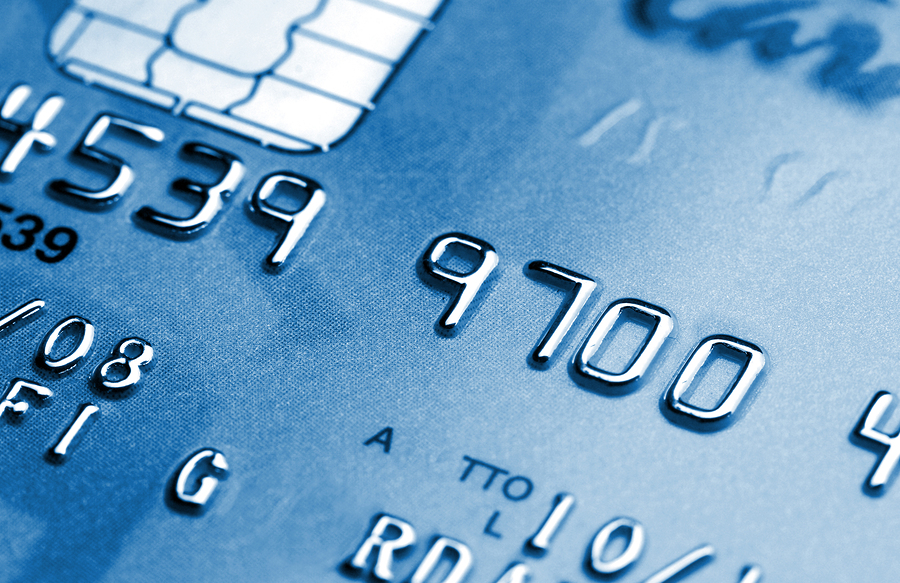Filing for bankruptcy doesn’t mean you are shut off from new credit. Creditors look at multiple factors when determining credit eligibility. For example, your income and the time since you received your bankruptcy discharge.
If you are looking to rebuild your credit post-bankruptcy, a secured credit card is a good place to start. Secured credit cards are designed specifically for people trying to improve their credit. They are different from normal credit cards in that they require you to put down a security deposit, usually a few hundred dollars. Your deposit typically equals your credit line: For example, if you make a $400 deposit, you will have a $400 line of credit. The deposit protects the issuer if you do not make your payments. That makes secured cards a relatively safe bet for lenders extending credit lines to people with lower credit scores.
Those individuals who file for bankruptcy may receive an influx of credit card offers soon after. Proceed with caution. These cards will likely have low limits and high interest rates. The best way to qualify for a credit card post-bankruptcy is to improve your credit score. Here are some immediate steps you can take to improve your credit score after bankruptcy:
- Make sure all discharged debts are cleared from your credit report. If your credit reports are still showing delinquent accounts after you receive your bankruptcy discharge, this is likely affecting your credit score in a negative way. You are entitled to a FREE credit report every year from the three credit bureaus.
- Get your noncredit finances in order. Although many bankruptcies are the result of medical bills, divorce, job loss or other unavoidable debts, it is also important to remember the fundamental problems with spending, saving and budgeting. Addressing these issues before applying for new credit can help you overall.
- Build credit. Once your finances are back in order, it is time to consider strategic credit building via a secured credit card or credit-builder loan.
Click here to read more on this story.
If you are in financial crisis and considering filing for bankruptcy, contact an experienced Miami bankruptcy attorney who can advise you of all your options. As an experienced CPA as well as a proven bankruptcy lawyer, Timothy Kingcade knows how to help clients take full advantage of the bankruptcy laws to protect their assets and get successful results. Since 1996 Kingcade & Garcia, P.A. has been helping people from all walks of life build a better tomorrow. Our attorneys’ help thousands of people every year take advantage of their rights under bankruptcy protection to restart, rebuild and recover. The day you hire our firm, we will contact your creditors to stop the harassment. You can also find useful consumer information on the Kingcade & Garcia website at www.miamibankruptcy.com.

